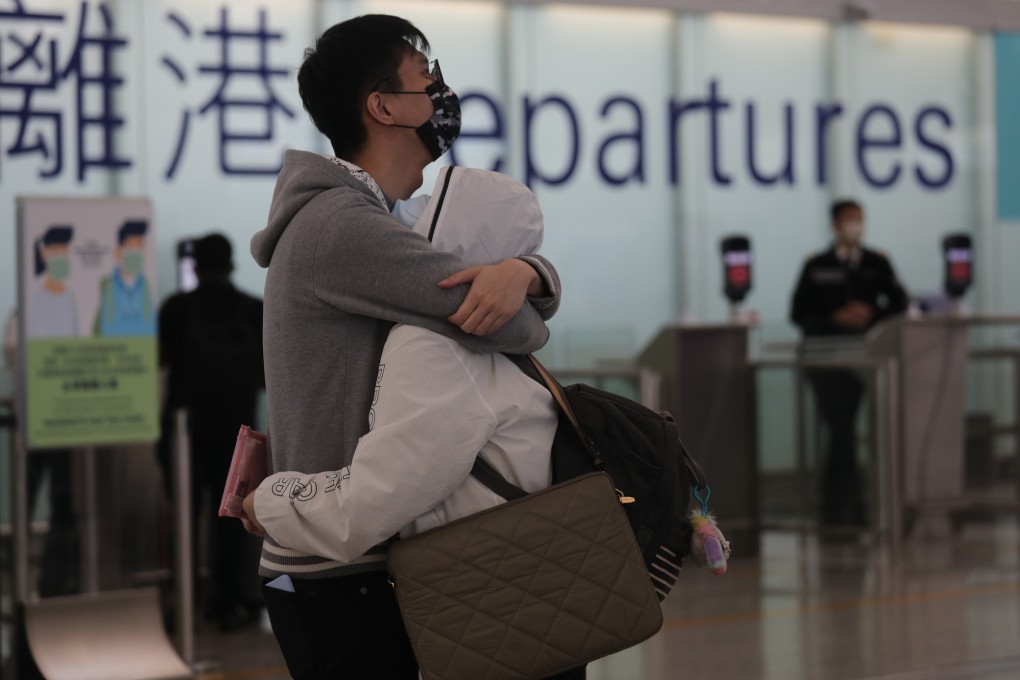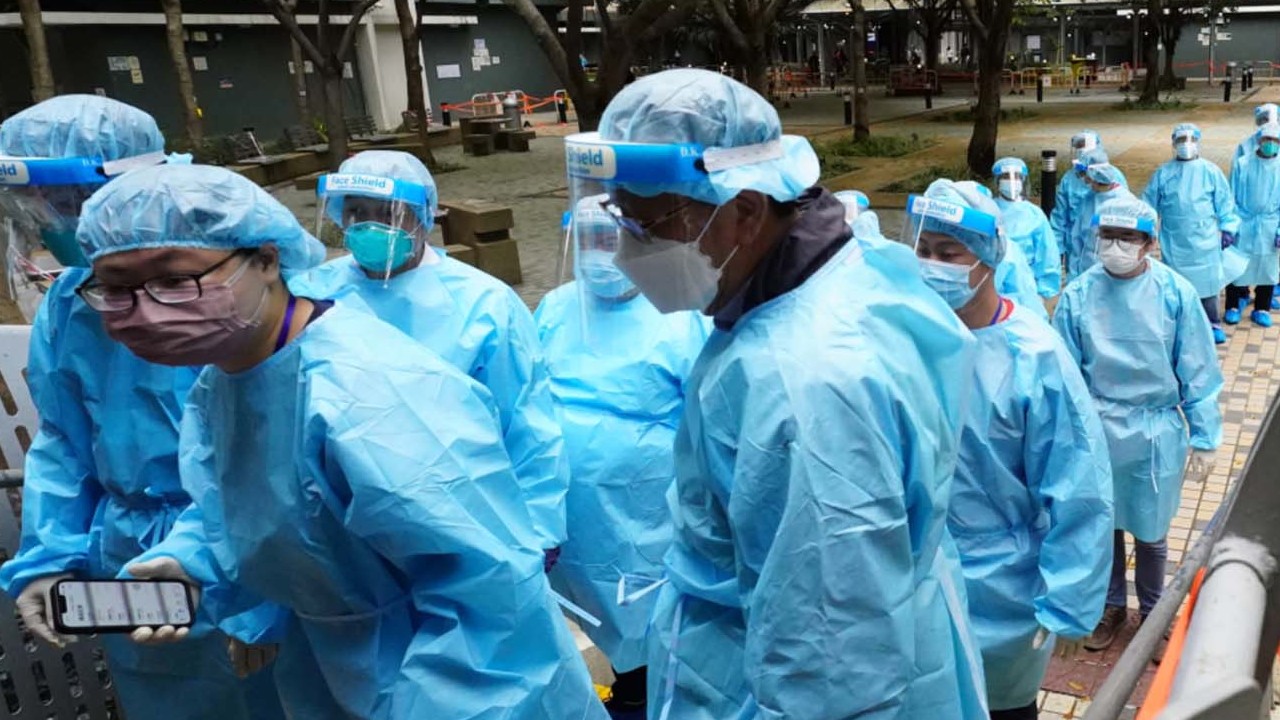Advertisement
Opinion | When strict anti-pandemic measures could make a comeback, why would Hongkongers return?
- It is all well and good for Hong Kong to ask residents who left during the pandemic to return, but the reasons for their departure remain unaddressed
- Trust in the government and public health has ebbed, and until important questions are answered there is little incentive for people to come back
Reading Time:3 minutes
Why you can trust SCMP
10

During Chief Executive John Lee Ka-chiu’s New Year’s address, he said he welcomed the return of people who had left the city because of Covid-19 and other reasons. While it is commendable that Lee reached out to Hongkongers overseas, there has not been a reconciliation with what led to the exodus.
Before the emergence of the Omicron variant, many Hongkongers were satisfied with the government’s handling of the pandemic. Most people tolerated universal masking since the city’s infection numbers were relatively low compared to the rest of the world, giving the impression that masking was working well in keeping Covid-19 at bay.
When “zero Covid” was still the government’s goal, it introduced the “Leave Home Safe” app to help stop the virus from spreading widely in the community. Once Omicron entered the city, though, there was no stopping the subsequent onslaught.
The government’s anti-pandemic measures were some of the world’s strictest, including a vaccine pass, 21-day hotel quarantine for most inbound travellers and residents, suspension of in-person classes at schools, forced business closures and dine-in limitations.
This resulted in a hobbled economy, a wave of emigration and damage to the physical and mental health of children and adults. It will take years to ascertain whether the cost of these restrictions in Hong Kong was worth it.
As a guide, we can see what the consequences were in other countries when similar measures to those in Hong Kong were introduced. They include speech delays for young children, slowed educational progress, weight gain, delayed disease screenings, increases in depression and loneliness, a rise in suicides, more child and spousal abuse and increased drug and alcohol use.
Advertisement

